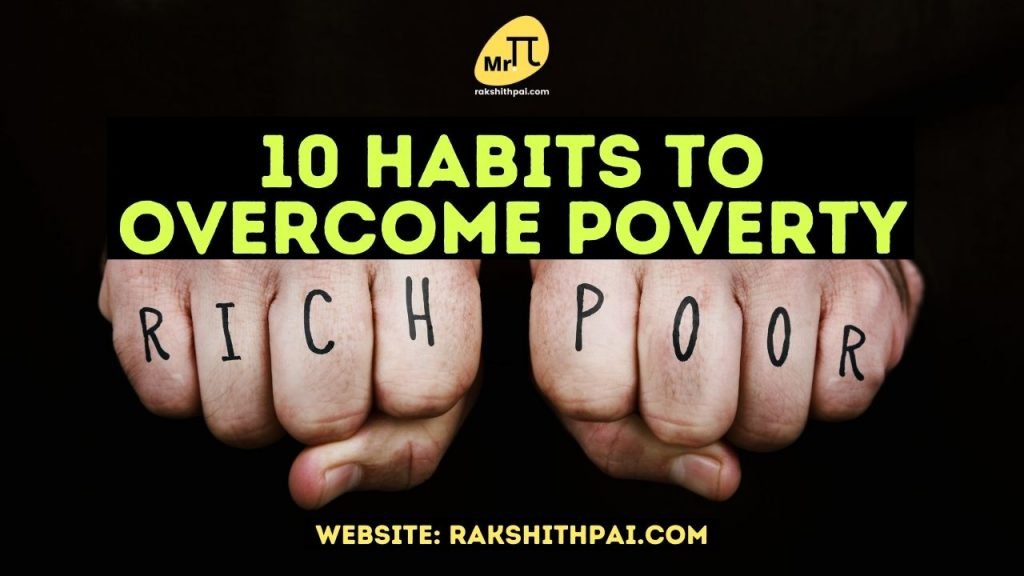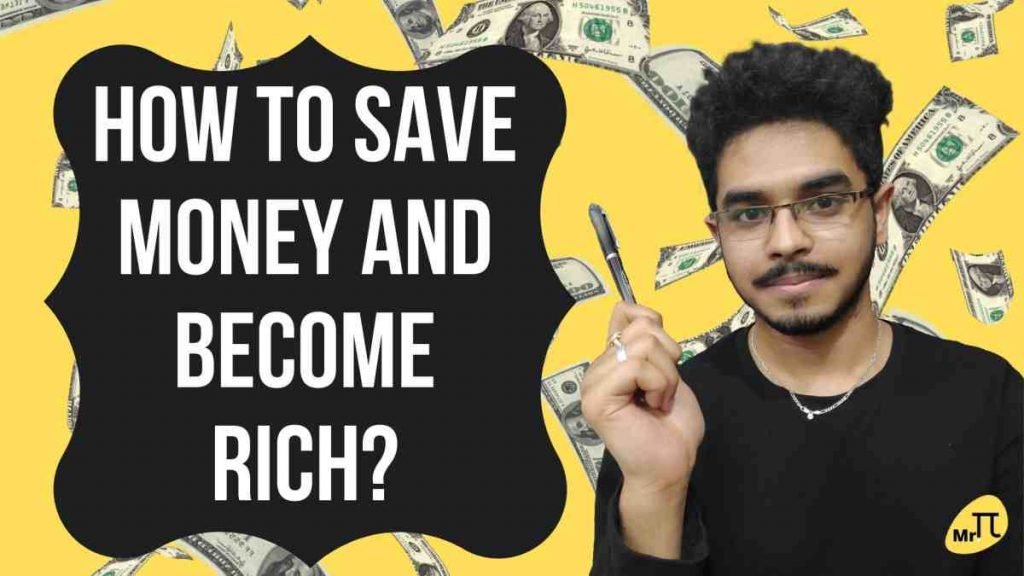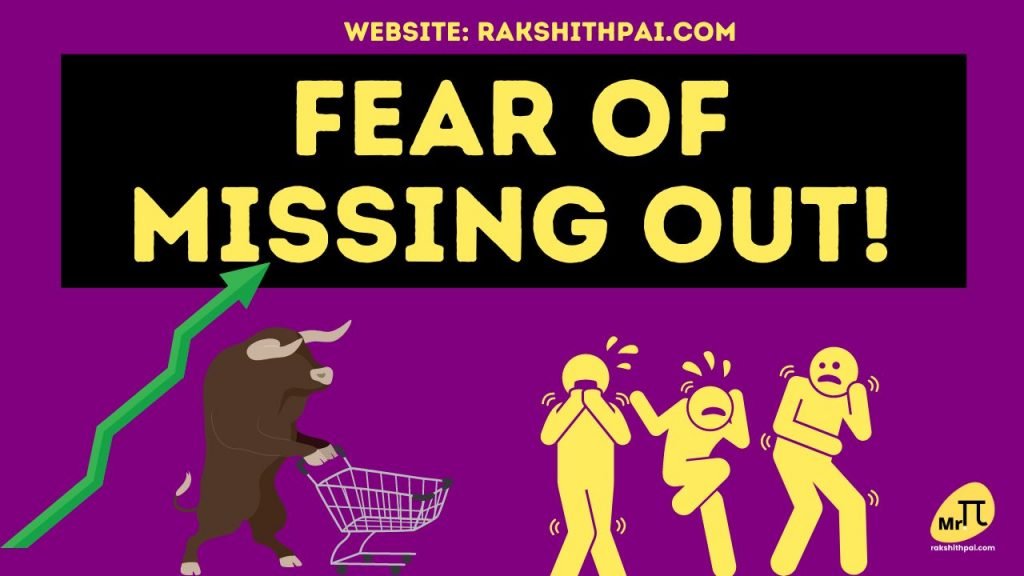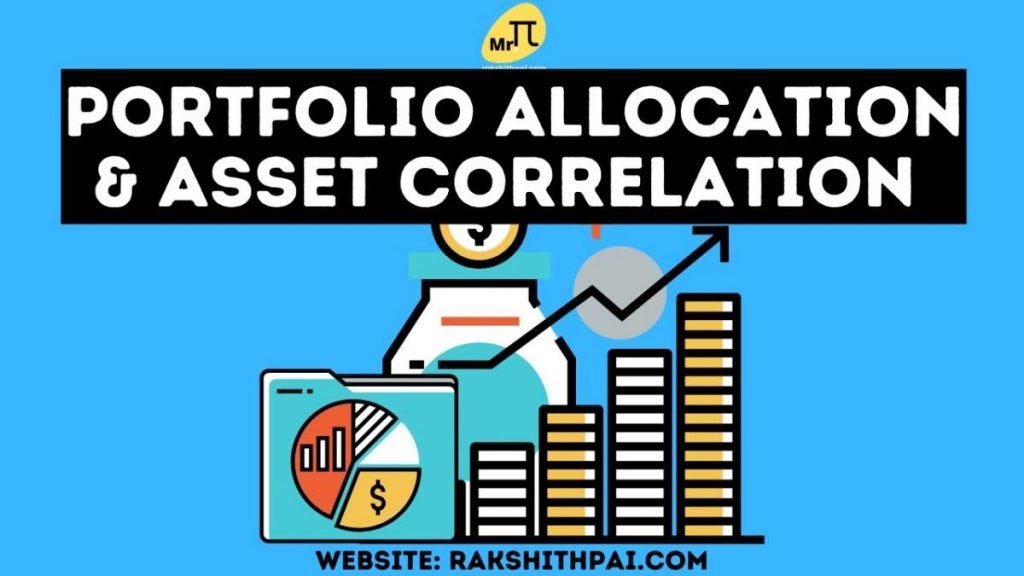Table of Contents
What are Habits?
Let us begin by defining habits. Habits are the minor choices and actions you make on a daily basis. According to Duke University studies, habits account for around 40% of our daily activities.
Today, your life is mostly defined by your habits. How fit or out of shape are you? Your habits also affect how content or dissatisfied you are. A consequence of your habits ultimately defines how successful or ineffective you are.
What you repeatedly do (i.e., what you spend your time thinking about and doing each day) shapes who you are, your beliefs, and the personality you represent. Every subject I write about – from procrastination and productivity to strength and nutrition – begins with improved habits. When you master the art of habit transformation, you can alter your life.
What Does Being Rich Means?
First, let’s understand what being rich means.
Rich symbolizes freedom and success. It’s to do whatever we wish to do whenever we want to. It means to attain freedom!
Being rich is mostly in one’s mindset. But, one of the prominent factors to attain the needed mindset is money. In this case, we call it wealth.
An individual with no time for himself & herself and their dear ones, no matter what their material possession is, no matter how many zeros their bank balance shows, is of no use.
With that said, I quote Mr. Robert Kiyosaki – “Getting rich begins with the right mindset, the right words, and the right plan”.
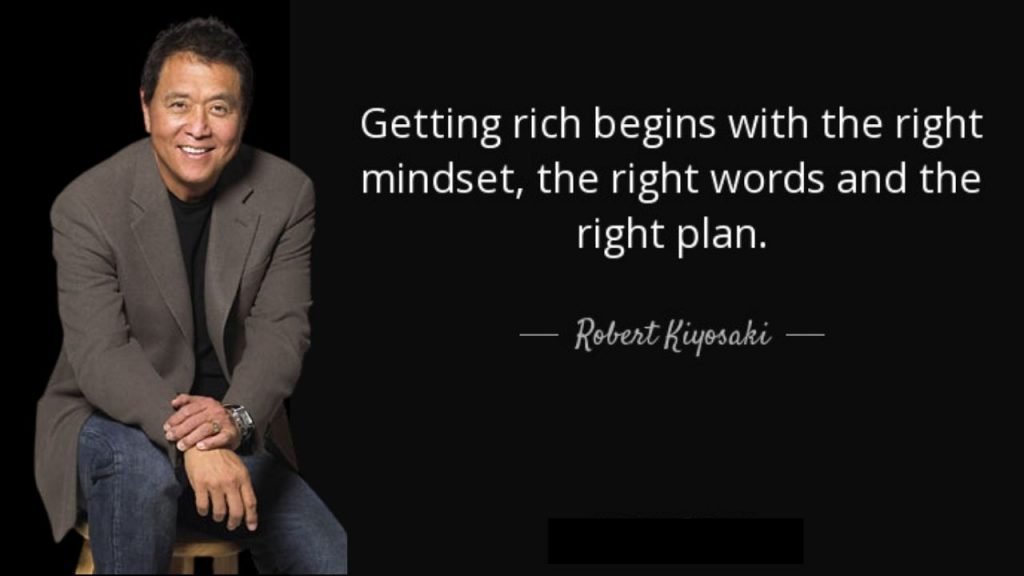
Top 10 Habits to overcome Poverty:
It is said that the right habits differentiate from a man to a gentleman. So, in order to overcome poverty, these are the right habits to own.
Know your Limits
It is easier said than done. The human species has always aimed for something better than we had. We thrive to overcome that what we have and better ourselves. This implies financial status too.
If you have a bike, you want a car, if you own a car, you want something more. Maybe a better car, a bigger house and such. The wants are unlimited.
Our wants will always supersede our current lifestyle in order for something more.
But in this struggle for more, we tend to drift off from reality and try to take a bite of something that’s much bigger than what we could chew.
Budgeting
You may believe that you lack the funds necessary to budget while you are counting every dime, but you are incorrect. Budgeting is the process of determining how and when you will spend each rupee you earn. In a nutshell, this implies that you know exactly how you intend to spend your money before it arrives.
Budgeting enables you to prepare for spending in advance and begin saving for larger needs that may occur just once a year. While budgeting, you may also keep an eye on your expenditure habits. This helps you figure out where you can cut back or save for a long-term financial goal, like an emergency fund.
Plan for Retirement
Failing to plan is almost as good as planning to fail. This statement is apt for financial planning.
How many of you have a full flagged plan for your retirement? No! A pension fund isn’t a plan!
How many of you really thought of retiring from work and settling somewhere peaceful, like the countryside. Are you working towards it?
If you haven’t planned at all. Then complete this video and meet your CA or Financial Advisor. If you do not have either of them. Just Subscribe to this channel and the mentioned sources. We all are here for you.
Side Hustle
If your present employment does not pay enough to meet your requirements and allow you to save money, you must come up with a strategy to boost your earnings. This could mean taking on a second job to help you pay back debts that you haven’t paid off yet or advancing your savings, like you, at a young age, can afford to work long hours and take risks.
Additionally, it may involve considering a long-term job move that will enable you to earn more money. Re-entering schools for more training is a viable option. If returning to school does not appeal to you, consider employment in your profession or a related industry that pays more.
You can also take a look at your hobbies and interests. Maybe you can make money out of it! Maybe you can make a living out of doing what you have always loved to do. Remember, we live in a digital world where there’s no exception or limit to your venture. Be creative and work hard!
Become Money Aware
One of the most successful people’s top habits is that they are prudent financial managers. Spending can become routine and habitual. When we grow accustomed to swiping a credit card at every whim, the situation may easily spin out of control and devolve into a deadly disaster.
One of the most effective strategies to develop the habit of attentive money management is to abstain from spending entirely. This can be difficult, but after you’ve completed it, you’ll be shocked at how much you can save. You’ll be more money-aware and you’ll think twice before swiping that card.
Make it a regular practice to check your financial account and budget. Simply 5 minutes per day spent glancing at it and ensuring that everything is running well can identify problems immediately. Each time you spend, replace your money in your wallet or deposit coins in a jar. Make it a practice of putting away “excess” change. Simply wait and observe how quickly it accumulates.
You may even choose to start a separate savings account, preferably one that pays you for developing a saving habit!
Make Savings a Priority
Begin saving money immediately. There are many ways in which you could prioritize saving. To begin with, deposit funds into a savings account that will be used exclusively for emergencies. Remember, our main goal is to have emergency savings that could fund our expenses for at least 6 months to a year in case we are unable to fund them. This is referred to as an “emergency fund.”
You may begin by putting away at least 1/10 of your monthly expenses every month. This way, you build a habit of living off 90% of your usual monthly expenses. Creating a habit that will result in more money in your pocket.
You should gradually increase your payments until you have an emergency fund that covers three to six months’ worth of living costs. This turns into a retirement fund. This serves as your safety net.
And then, concentrate on cost-cutting measures for the things you currently do. Look for coupons and specials in your neighborhood. Avoid paying full price for items and compare prices at a few other places before making a purchase. Dining in or joining a club shop can help you save money because you can buy food and household goods at a lower price.
Make Investment a Habit
Investment can be a complicated process, which is why good money habits, like planning, saving, and investing often, can help you build wealth and be better prepared for emergencies.
Mutual fund investments, index, or ETF investing are components of the perfect investment strategy since they provide the best long-term returns on your money. Mutual funds and ETFs are market-linked, risky, and invest in a variety of financial assets, including equities, debt, and money market funds.
If you wish to develop a financial corpus to safeguard your future and begin building wealth, mutual fund investments may be beneficial. To be able to invest in mutual funds well, though, you need to come up with a personal financial plan and start doing things that are good for your money.
There’s discipline involved when it comes to investing. In order to build this discipline, these are the habits one should self-inculcate.
- Plan your future and act accordingly.
- Get started investing as early as possible.
- Invest on a regular basis.
- Diversify your investments.
- Think Long-term.
- Educate yourself.
- Be patient.
- Accept Volatility and Loss as it is.
- Learn from Mistakes.
- Cut your losses and ride on the winners.
Avoid Debt-based Consumption!
A method of payment that allows you to make a purchase without having to pay with your own money. Generally, you join up with a company that provides this service, and that company pays instead of you, for now.
You make the payment at a later date. This sounds similar to a credit card, which it is.
Indirectly, India is getting accustomed to BNPL-type consumption without realizing the ill effects it has on our financial planning.
It is also said that since the BNPL type consumption is funded via a loan taken in your name by the service provider, in the event of non-payment or delayed payment by you, your credit score takes a hit! A totally unworthy instrument is being used by many.
Avoid Using Credit Cards
If you wish to escape poverty, you must stop accumulating debt. The initial step is to discontinue credit card use. The simplest way to accomplish this is to cease carrying them. If they are at home alone, they cannot be used for shopping.
An emergency fund might help you avoid using them by providing funds to meet unforeseen needs rather than resorting to credit cards.
It’s all about Mindset
Finally, it’s all drops down to your mindset.
Everything starts and ends within your own mind. Your thoughts, attitude, and determination are all essential for success.
As Swami Vivekananda says, “When an idea exclusively occupies the mind, it is transformed into an actual physical or mental state.”
Everyone desires wealth. While many live a paycheck away from poverty.
There are few who amass wealth. I hope this video helps you in your journey. Thank you for watching.
Conclusion:
Poverty is defined by a lack of resources, but it is also defined by a lack of hope. People who live in poverty sometimes feel powerless to improve their circumstances. They may have a sense of isolation from their group. To get out of poverty, you need to be financially prepared, have a good mindset, and be willing to ask for help.
The bulk of the population wants to be wealthy. However, the majority of people never make it there. Many of us are only a paycheck away from poverty.
The hacks covered in this article are tried-and-true approaches or habits for overcoming poverty and achieving financial independence. However, there is a reason that these tactics are referred to as personal finance. Personal money, on the other hand, is “personal” and entirely dependent on how you manage it. Best of luck.
FAQs:
To Know More, Watch This YouTube Video:
Disclaimer: All the information on this website is published in good faith and for general information purposes only.

